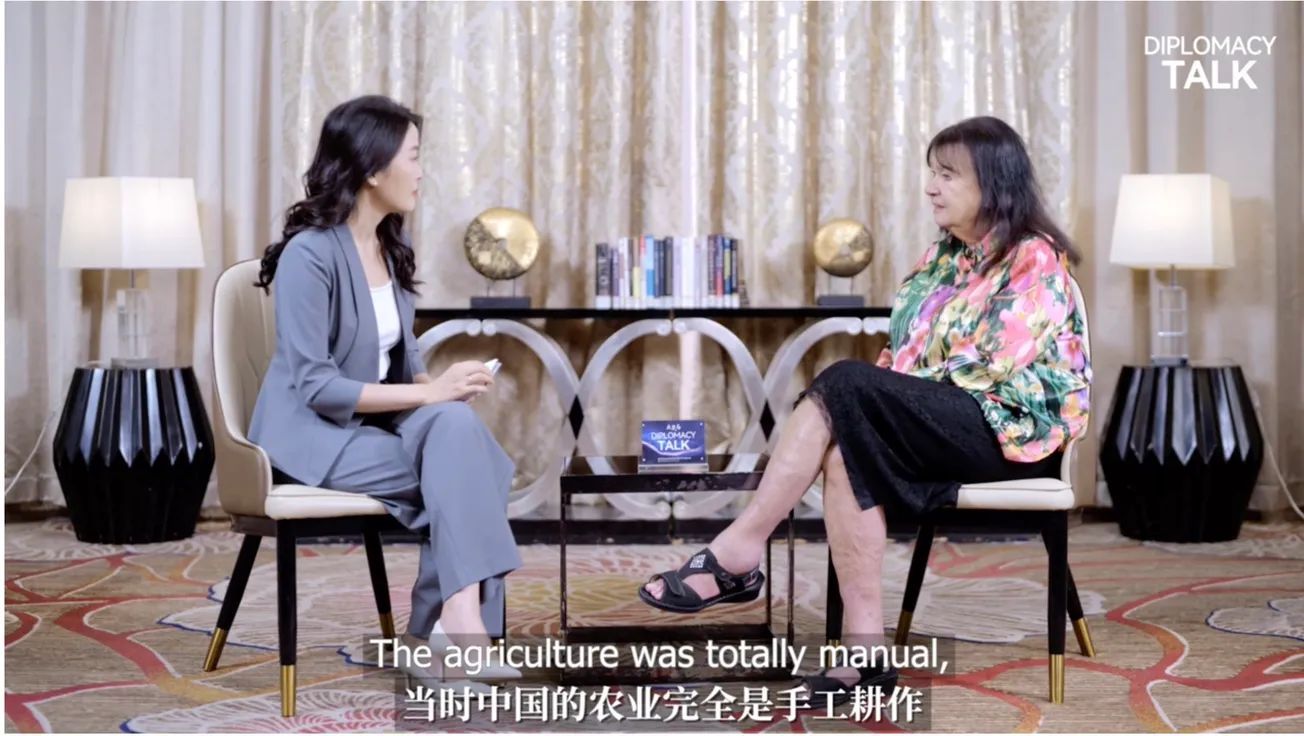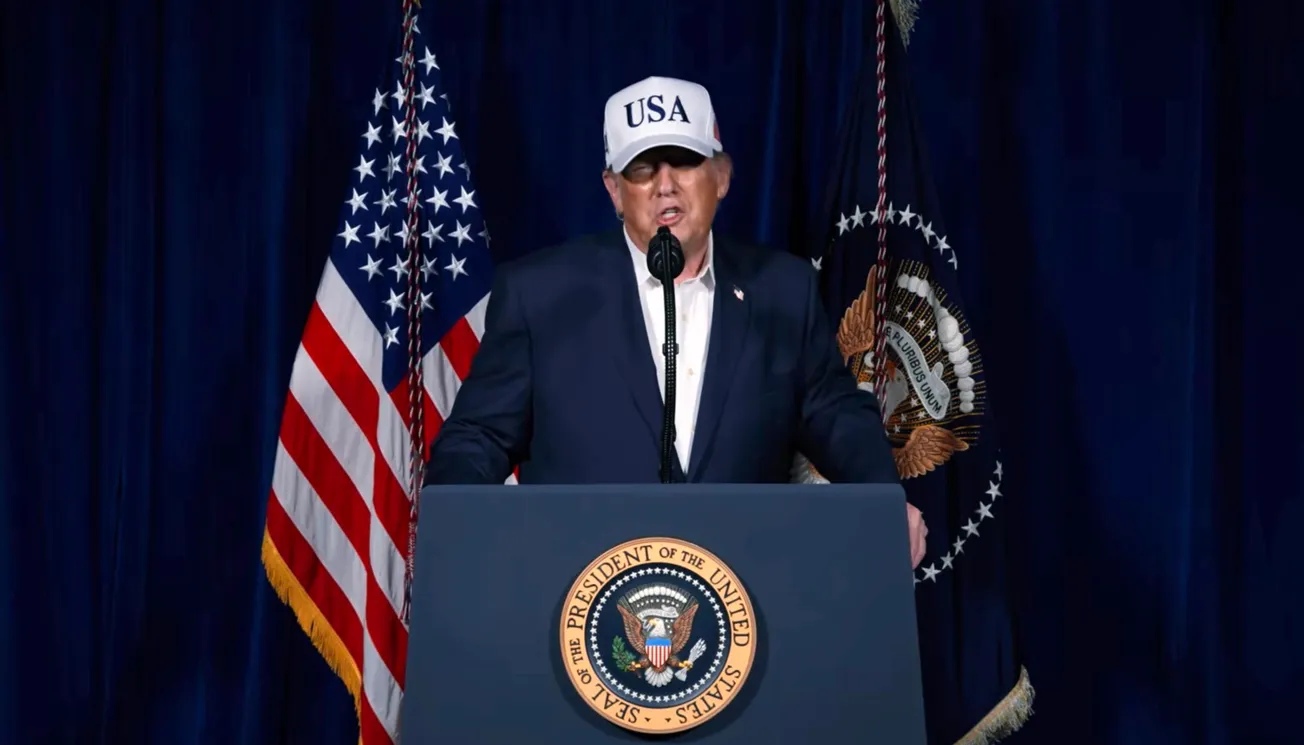March 3, 2025 (EIRNS)—A center devoted to “China’s Diplomacy in the New Era” released on Mar. 3 an interview with Schiller Institute founder Helga Zepp-LaRouche, conducted during her November 2024 trip to China.
Zepp-LaRouche founded the Schiller Institute in 1984 at a time of intense geopolitical tension, particularly in Europe during the medium-range missile crisis. In her discussion with Diplomacy Talk, Zepp-LaRouche shared her inspiration for creating the institute, emphasizing the need for a new approach to foreign policy based on justice and a new economic order. “If every nation and every civilization goes back to their own best tradition, and has a classical renaissance, then you have a dialogue among these best traditions, and communication and friendship is very easy,” she explained. Her vision was not only to establish a just economic order but also to counter what she viewed as the excessive Americanization or homogenization of global culture by fostering deeper cultural exchanges, in a dialogue among the most profound cultural movements in the countries of the world.
Reflecting on her multiple visits to China, Zepp-LaRouche described the nation’s transformation as astonishing. Recalling her first trip in 1971, she noted how China had been largely agrarian and impoverished at the time. However, in the decades that followed, she witnessed rapid modernization. “Every time you come, you find new buildings, new technologies, new science,” she remarked. She particularly praised China’s advancements in infrastructure and space exploration, saying, “I keep telling people in Germany that if you go into a fast train, and you put a glass of water on the table, not one drop will ever jump out.” She believes that China serves as an inspiring model for other nations and urged the country to be more assertive in sharing its developmental strategies with the world.
Zepp-LaRouche strongly criticized the Western portrayal of China as a “threat,” arguing that such narratives stem from outdated geopolitical thinking. The would-be Euro-Atlantic hegemons “project what they are doing onto China,” she asserted, adding that the real issue is the unwillingness of some to accept the end of a unipolar world. “To be slandered like that is just an injustice. It reveals more about the mindset of those people who say China is a threat than about China,” she stated. She said that China has not engaged in war and has instead contributed significantly to global development, particularly in Africa. In her view, the Belt and Road Initiative exemplifies China’s commitment to global cooperation, improving the potential for long-overdue infrastructure development in regions that had long suffered from neocolonial economic policies.
On the question of civilization and global governance, Zepp-LaRouche dismissed Samuel Huntington’s “clash of civilizations” theory as mere propaganda, contrasting it with President Xi Jinping’s Global Civilization Initiative. She sees Xi’s approach as a necessary step toward resolving global tensions and fostering genuine cultural dialogue. “The idea that you have a group of nations who have the right to impose their will on another group of nations … this geopolitical outlook has caused two world wars,” she warned. Instead, she called for a new paradigm rooted in mutual respect and cooperation, arguing that embracing diverse cultural traditions can lead to a more harmonious global order.
“The most important task … is that we have to convince the countries of the West that it is in their interest and the interest of the whole world to cooperate with China,” she said.
The interview, conducted in English and subtitled in Chinese, is available on X, and as web postings with transcripts in English and Chinese.





